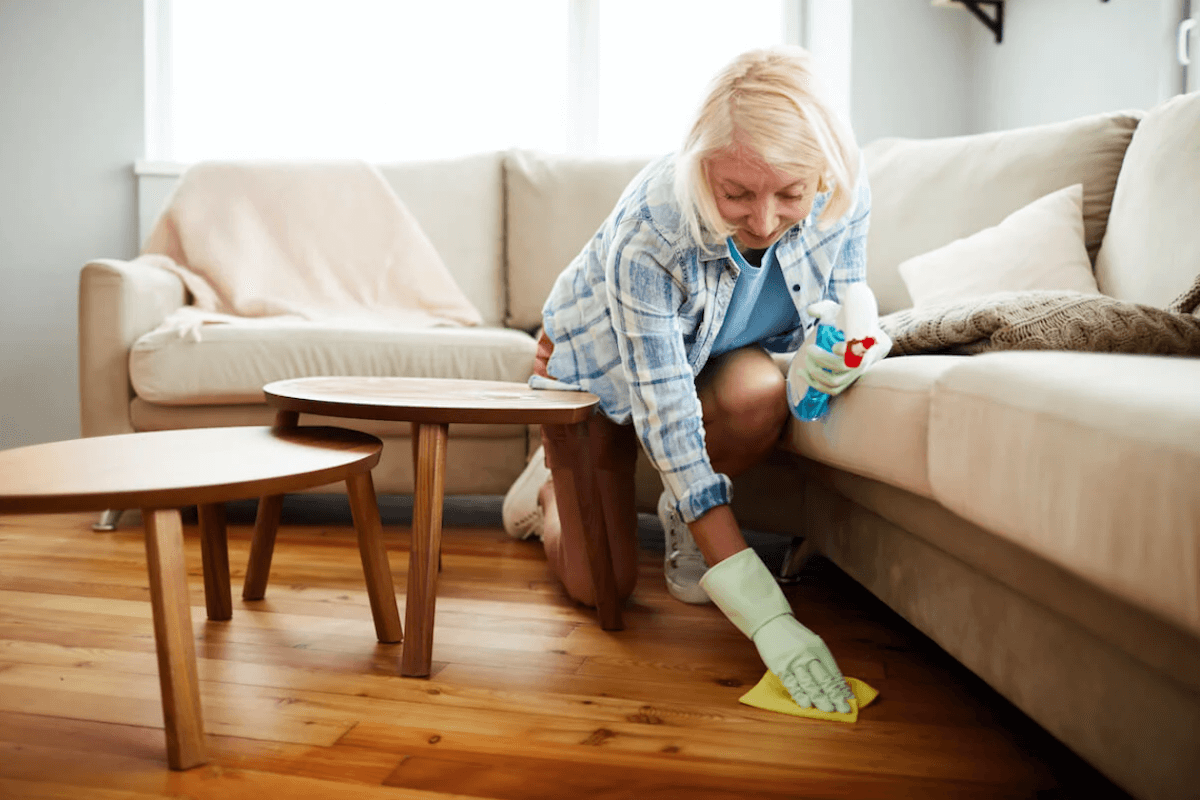Celebrating Women’s Health on International Women’s Day
Posted By HarborChase on March 8, 2021March 8 is International Women’s Day, a day to celebrate women’s achievements in society, politics, culture, and economy. It’s a day to honor the advancements women have made and raise awareness to promote equality.
HarborChase Senior Living is proud to recognize and celebrate all the women—residents, associates, family members, and more—who make our communities what they are. In observance of International Women’s Day, we’re sharing some information on both the uniqueness and importance of women’s health.
About Women’s Health
Based on anatomy alone, there are health issues and concerns that affect only women—pregnancy, menopause, and certain cancers. Moreover, several conditions affect both men and women but are more prevalent in women, like cardiovascular disease, osteoporosis, and mental health concerns.
Beyond that, the life expectancy for females is, on average, six years longer than that of men, meaning that in addition to other health concerns, women must also focus on healthy aging.
We’re taking a look at some of the common women’s health concerns and how you can both manage symptoms or prevent them altogether.
Osteoporosis
Osteoporosis is a condition that causes bones to become brittle and weak, increasing the possibility of breaks and fractures. While osteoporosis can impact anyone, women over 50 are four times more likely to have this condition, with fractures and breaks occurring up to ten years earlier than men.
While the exact cause of osteoporosis is unknown, there are certain factors (other than your sex) that can increase your risk. These include age, a lower body weight, a family history, and a sedentary lifestyle.
To Keep Your Bones Strong and Reduce Your Risk of Osteoporosis:
- Eat a diet rich in calcium and Vitamin D (fatty fish, milk products, leafy greens)
- Perform weight-bearing exercises like walking and jogging, weight training, tennis, and dancing.
- Avoid excessive alcohol and tobacco consumption
- Maintain a healthy body weight
Breast Health
Affecting about 1 in 8 women (nearly 12%), breast cancer is often the first thing that comes to mind when thinking about women’s health. While breast cancer is a disease that affects mostly women, men can get it, but only 1% of all breast cancer cases in the U.S. occur in men.
Like many cancers, there is no guaranteed way to prevent breast cancer, but there are certain things you can do to both lower your risk or detect problems early—leading to more successful treatment options.
To Lower Your Risk of Breast Cancer/Detect It Early:
- Maintain a healthy body weight and stay physically active
- Limit alcohol and avoid tobacco use altogether
- Get a yearly mammogram screening starting around age 45
- Know your family history – If there is a strong history, your doctor might recommend more close observation or testing, including a breast MRI
Skin Health
Skin health tends to be a specific concern for women, especially older women. And while wrinkles, skin tags, and age spots may not be as threatening as breast cancer or heart disease, certain skin issues could become cancer in older women. The majority of melanoma and skin cancer cases are found in adults over 65.
Unlike osteoporosis and breast cancer, most significant skin concerns are almost wholly preventable (with the exception of more inevitable things like minor wrinkles). How you treat your skin in your 20’s will largely influence your skin health in your 50’s and beyond, so it’s essential to take it seriously and be consistent.
To Protect Against Wrinkles, Age Spots, Bruising, and Cancers:
- Use a facial sunscreen with an SPF of 15 or higher daily, even if you aren’t planning on spending time in the sun
- Avoid tanning beds, lamps, or sunbathing
- Moisturize daily using a lotion designed for your skin type (dry, oily, eczema)
- Wear protective clothing, hats, and sunglasses when you’re exposed to the sun, even during winter
- See your dermatologist once a year
Mental Health and Stress
While mental health is not just a women’s health concern, societal and cultural factors can have a more significant effect on women than men, leading women to be two times more likely to experience depression and anxiety feelings. In today’s society, women are under significant pressure to “do it all” – have a career, raise children, support their marriage, and take care of older family members. These high-pressure lives can often lead to women letting their physical and mental health take a backseat.
The good news is that no matter how prevalent stress and anxiety are, there are several simple and effective ways to manage these feelings. Of course, if you have symptoms of anxiety or depression that won’t go away or are significantly affecting your life, it’s best to speak with a healthcare professional.
To Manage Feelings of Stress and Anxiety:
- Exercise regularly, even if it’s a brisk walk during lunch
- Practice mindfulness in the form of yoga or meditation
- Establish healthy boundaries; learn to say no sometimes
- Set aside “me-time” when you can focus on activities you enjoy
- Ensure you are getting enough sleep each night
These are just a few of the many health concerns that affect women. We always recommend visiting your trusted women’s health professional regularly. Not only can they do preventative tests and screenings, but they can also share information on healthy aging, managing stress, and more.
Celebrating Women, Celebrating Health
Whether you’re 22 or 72, understanding both the complexities and importance of women’s health can lead to a long, healthy life. This International Women’s Day, we invite you to celebrate life, health, and the important women in your life—including yourself!
—
HarborChase Senior Living provides luxury senior living throughout the United States. Offering independent living, assisted living, memory care, respite care, and skilled nursing, our resort-style communities deliver the best of both professional care and indulging amenities. For more articles on senior health and wellness, caregiving, and more, visit our HarborChase blog!
Categories: Health Habits


